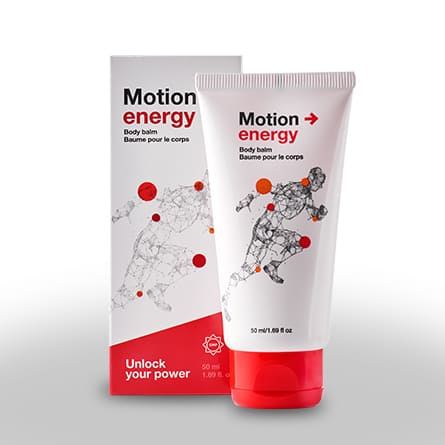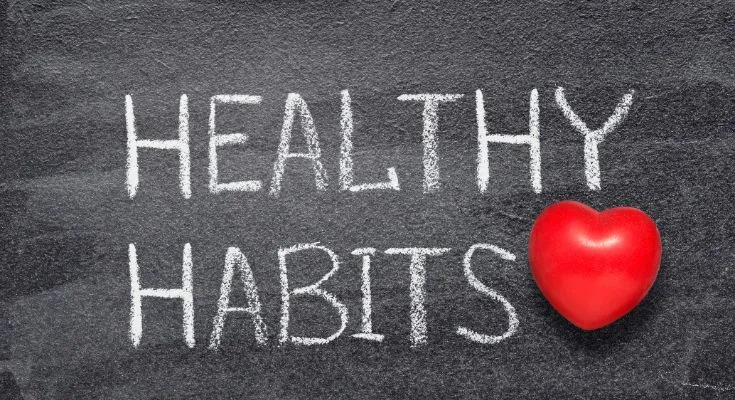Understanding Stress and Its Impact
Stress is a natural response to demands and challenges in life. However, chronic stress can significantly impact your physical and mental health, leading to various problems. Effective stress management is crucial for maintaining well-being. This guide will provide you with practical strategies to cope with stress and improve your overall health.
The Physical Effects of Stress
Prolonged stress can manifest physically in numerous ways. You might experience headaches, muscle tension, digestive problems, sleep disturbances, and a weakened immune system. These physical symptoms can significantly reduce your quality of life.
The Mental Effects of Stress
Mentally, chronic stress can lead to anxiety, depression, irritability, difficulty concentrating, and even burnout. These mental health issues can impact your relationships, work performance, and overall happiness. Therefore, learning effective stress management techniques is crucial.
Effective Stress Management Techniques
Relaxation Techniques
Relaxation techniques are essential tools in your stress management arsenal. They help calm your nervous system and reduce the physiological effects of stress.
- Deep breathing exercises: Simple yet powerful, deep breathing can significantly reduce stress levels.
- Progressive muscle relaxation: This technique involves systematically tensing and releasing different muscle groups to relieve muscle tension.
- Meditation: Regular meditation practice can promote calmness and reduce stress and anxiety.
Mindfulness Practices
Mindfulness involves paying attention to the present moment without judgment. It helps you become more aware of your thoughts and feelings, allowing you to manage stress more effectively.
- Mindful breathing: Pay close attention to the sensation of each breath entering and leaving your body.
- Body scan meditation: Bring awareness to different parts of your body, noticing any sensations without judgment.
- Mindful walking: Pay attention to the feeling of your feet on the ground and the movement of your body as you walk.
Lifestyle Changes for Stress Reduction
Making positive lifestyle changes can significantly contribute to better stress management.
- Regular exercise: Physical activity releases endorphins, which have mood-boosting effects.
- Healthy diet: Nourishing your body with healthy foods provides the energy and nutrients you need to cope with stress.
- Sufficient sleep: Getting enough sleep is crucial for both physical and mental well-being.
- Limit caffeine and alcohol: These substances can exacerbate stress and anxiety.
Seeking Professional Help
If you’re struggling to manage stress on your own, don’t hesitate to seek professional help. A therapist or counselor can provide guidance and support in developing effective coping mechanisms. Remember, asking for help is a sign of strength, not weakness.
Conclusion
Effective stress management is a journey, not a destination. By implementing these techniques and making sustainable lifestyle changes, you can significantly reduce stress and improve your overall health and well-being. Remember to be patient with yourself and celebrate your progress along the way.




